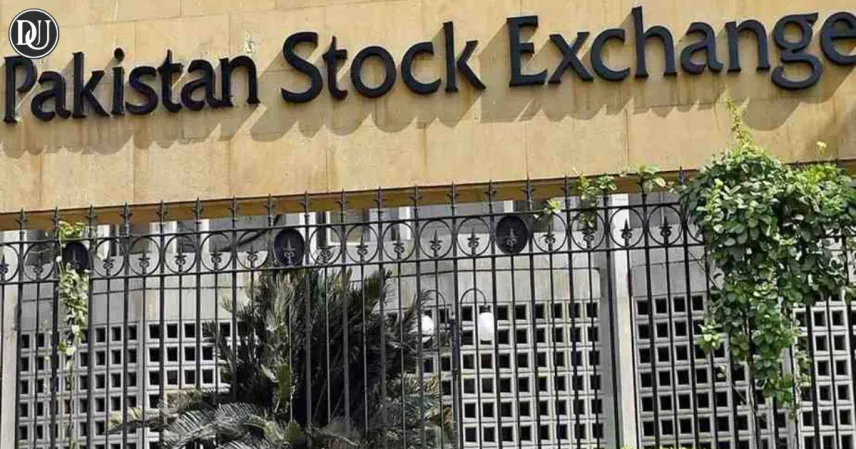On May 9, 2025, the Pakistan Stock Exchange (PSX) showed a significant rebound after a turbulent period marked by escalating tensions between India and Pakistan. The KSE-100 index, which had suffered a four-day beating due to fears stemming from military operations and geopolitical unrest, surged back with a notable gain on Friday, signaling a shift in investor sentiment.
The decline in the pakistan share market began after India launched its military operation, "Operation Sindoor," which involved drone strikes and heightened security measures along the border. This military escalation led to widespread investor panic, particularly after reports of drones being shot down over major Pakistani cities like Karachi and Lahore. Investors feared that the increasing tension between the two nuclear-armed nations could escalate into a broader conflict, sparking uncertainty in Pakistan's financial markets.
![]()
As a result, the pakistan share market saw a sharp 6.3% drop, prompting authorities to halt trading for an hour to prevent further panic selling. The market's dramatic decline was further exacerbated by a lack of confidence in Pakistan's economic stability, which was already fragile due to ongoing inflationary pressures and fiscal challenges. The country's economic situation seemed to worsen as investors looked to move their capital away from the stock market, wary of the geopolitical risks.
However, Friday's trading session saw a much-needed recovery, with the KSE-100 index bouncing back from its recent lows. Analysts attributed the positive turn to bargain hunting and a stabilization of geopolitical concerns. Following the sharp sell-off, investors took advantage of the dip in stock prices, which led to a recovery in the pakistan share market index. The market closed with a substantial gain, offering hope that the worst might be over for now.
![]()
Investor confidence appears to be cautiously returning, as market participants are starting to focus on the long-term prospects of Pakistan's economy, despite the short-term volatility. While analysts believe that the rebound indicates resilience in the pakistan share market, they also caution that sustained geopolitical stability is critical to ensuring continued growth. The international community is closely monitoring the situation, and any further military escalation could once again derail market optimism.
The future direction of the pakistan share market remains uncertain, as it hinges on multiple factors, including the resolution of the India-Pakistan tensions, domestic economic reforms, and the performance of global markets. Investors are advised to stay informed and consider the broader economic indicators when making decisions.
In contrast, the Indian stock market also faced some pressure during the same period, but the decline was less severe than in Pakistan. India's Sensex experienced a milder drop, as the country's focus on trade deals and corporate earnings helped cushion the blow from geopolitical tensions. This difference in market behavior highlighted the more pronounced impact of political uncertainty on Pakistan’s share market.
![]()
As the pakistan share market looks to recover from the turmoil, analysts are hopeful that stability in both the geopolitical landscape and Pakistan's domestic economy will drive further positive momentum in the coming days. However, investors must continue to tread cautiously, as the situation remains fluid and highly sensitive to developments on the India-Pakistan front.
For now, the market’s recovery offers a glimmer of hope, but the overall outlook will depend on how well Pakistan navigates its internal and external challenges in the near future.










